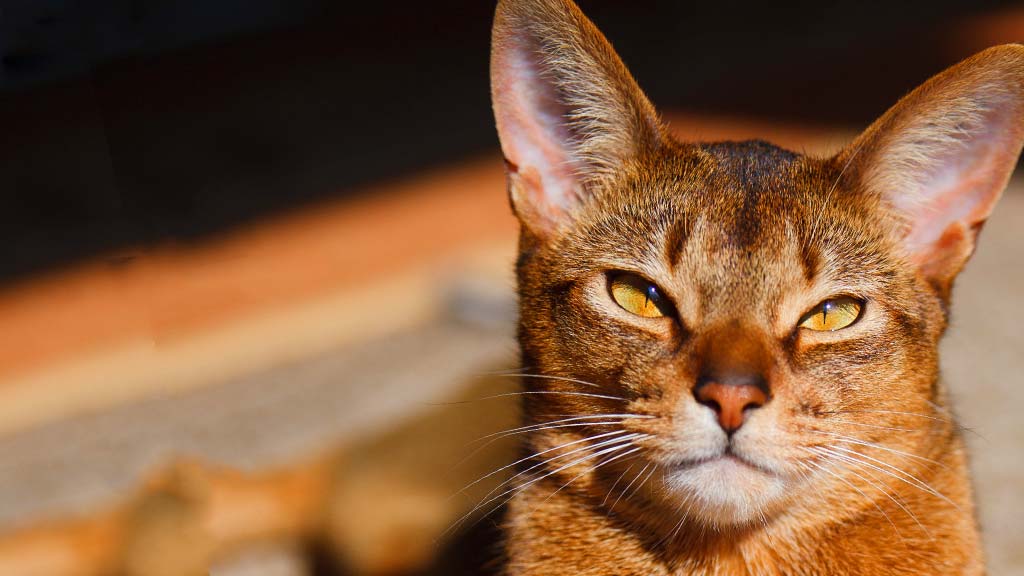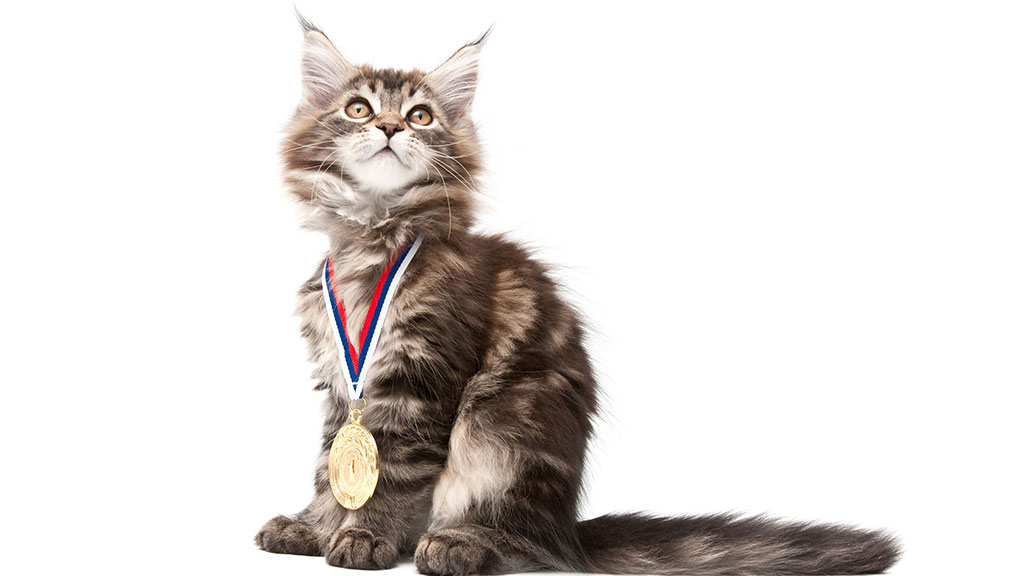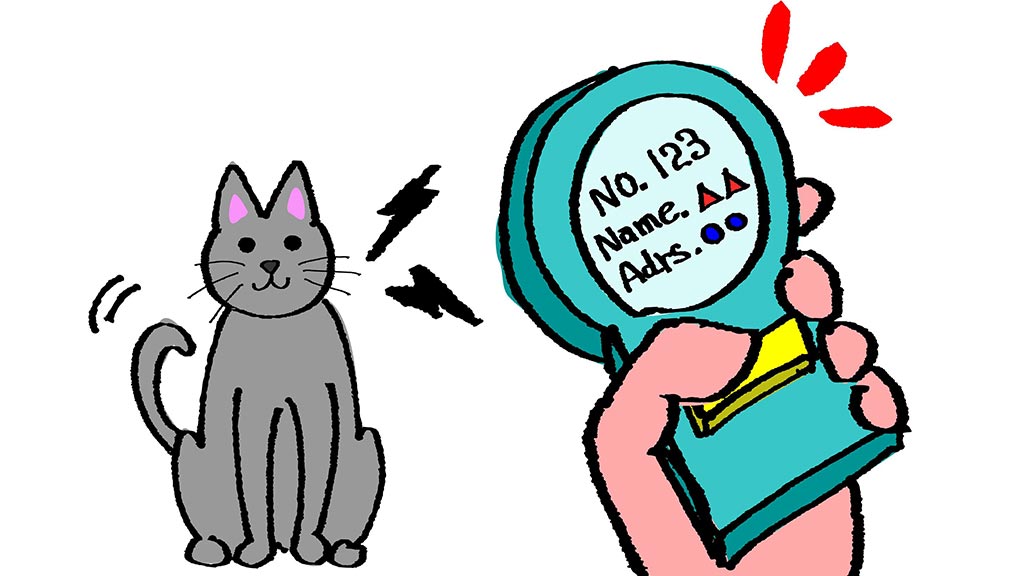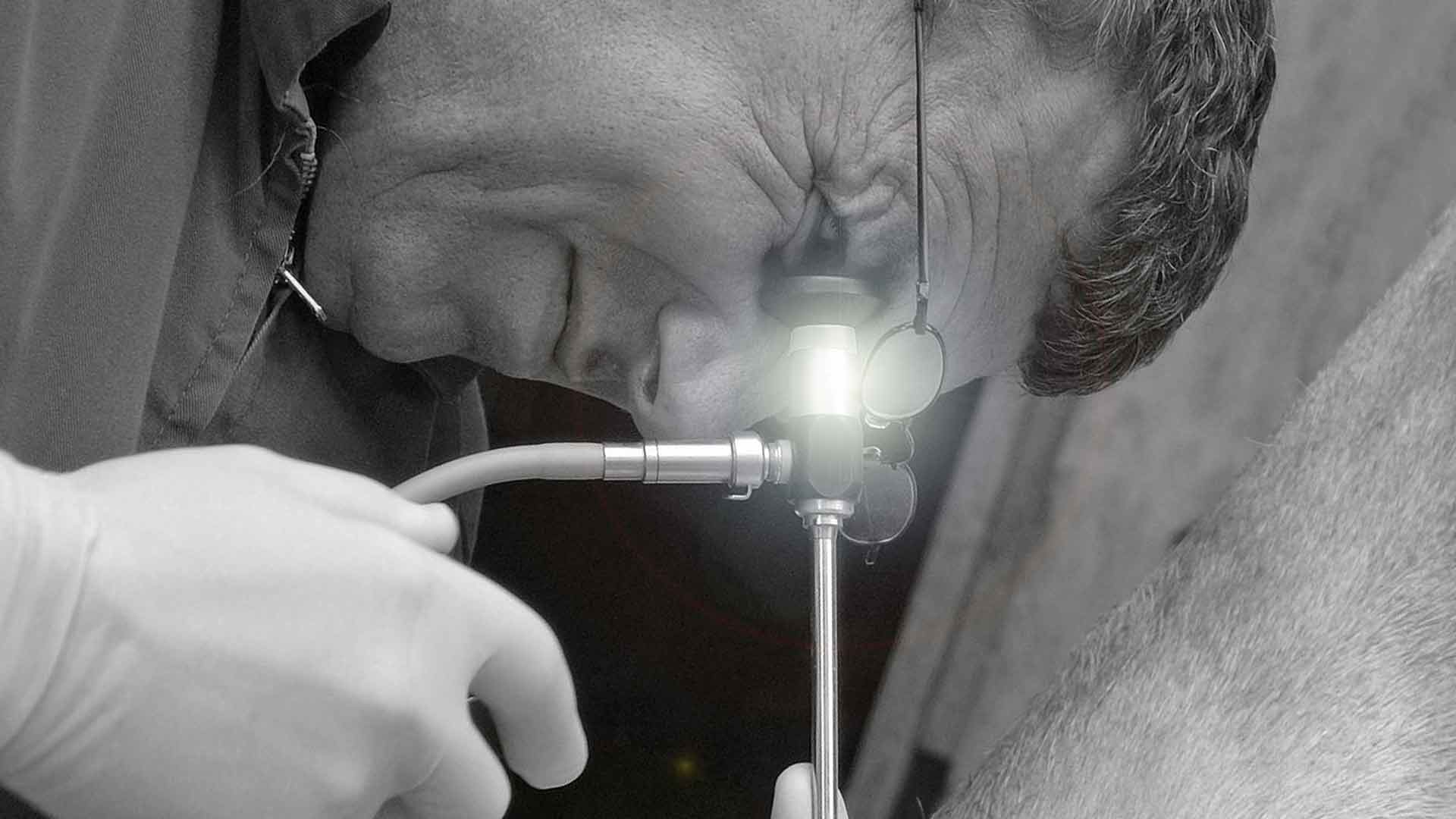Spaying Your Cat
Neutering, Castrating or ‘Fixing’ My Cat
Most male animals that are kept for companionship, work, or food production (horses, dogs, cats, bulls, boars) are neutered (castrated) unless they are intended to be used as breeding stock. This is a common practice to prevent unacceptable sexual behavior, reduce aggressiveness and prevent accidental or indiscriminate breeding. The intact male cat (tomcat) is likely to roam, fight with other males and spray (urine mark), and is of course, strongly attracted to seek out and mate with intact females. Tomcat urine is particularly odiferous. Overall the intact male cat can make a most unpleasant household companion.
Will Neutering My Cat Change His Behavior?
The only behaviors affected by castration are those under the influence of male hormones (sexually dimorphic behaviors). A cat’s temperament, training and personality are the result of genetics and upbringing, and are generally unaffected by the presence or absence of male hormones. Castration is unlikely to calm an overactive cat or decrease aggression toward people. Since the male brain is masculinized by the time of birth, castration will reduce some, but not all of the sexually dimorphic male behaviors. If performed prior to sexual maturity, castration will help to prevent the development of secondary sexual characteristics such as penile barbs, large jowls and glands at the dorsal part of the cat’s tail.
What are the benefits of neutering?
Population Control
Millions of cats are destroyed across North America each year because there are far more cats born than homes available. A single male cat can father many litters.
Spraying
The most common behavior problem in cats of all ages is indoor elimination at locations other than the litter box. Their odor is particularly strong and pungent. Castration leads to a change to a more normal urine odor and reduces or eliminates spraying in approximately 85% of male cats.
Aggression
Cats, whether neutered or intact, can get into fights but most inter-cat aggression is seen between intact males.
Roaming and Sexual Attraction
Castration reduces roaming in approximately 90% of cases.
Does neutering lead to any adverse effects on health or behavior?
There are many misconceptions about the effects of neutering on health and behavior. Neutered males are no more likely to become fat or lazy provided they receive a proper diet and adequate exercise. With less roaming, fighting, mating, calorie intake may have to be reduced and alternative forms of play and activity provided. Behaviors that have developed independent of hormonal influences such as hunting are not affected. Regardless of age at which it is performed, neutering does not have any effect on physical development (overall height and weight, urethral size). Although neutering prior to puberty appears to have similar effects to neutering post- puberty, every attempt should be made to neuter prior to puberty before the cat develops new problems, experiences and habits.
Spaying or ‘Getting My Cat Fixed’
Why should I have my female cat spayed?
Spaying offers several advantages. The female’s heat cycle results in about 2-3 weeks of obnoxious behavior. This can be quite annoying if your cat is kept indoors. Male cats are attracted from blocks away and pet owners are often shocked by a male cat’s ability to find a way to the intact female. Female cats have a heat period about every 2-3 weeks during the season (once the days start getting longer) until she is bred. A cat can also go into heat again approximately 3 weeks after having a litter.
What is spaying?
Spaying is the removal of the uterus and the ovaries. Therefore, heat periods no longer occur. Spaying prevents unplanned litters of kittens.
It has been proven that as the female cat ages, there is a significant incidence of breast cancer and uterine infections if she has not been spayed. Spaying before she has any heat periods will virtually eliminate the chances of either. If you do not plan to breed your cat, we strongly recommend that she be spayed before her first heat cycle. This can be done any time after she is four months old.
BENEFITS OF SPAYING
- Protects against certain forms of cancer especially breast cancer if spayed before the first heat cycle.
- Unwanted pregnancies
- Behavioral issues especially if spayed prior to the onset of sexual maturity.






